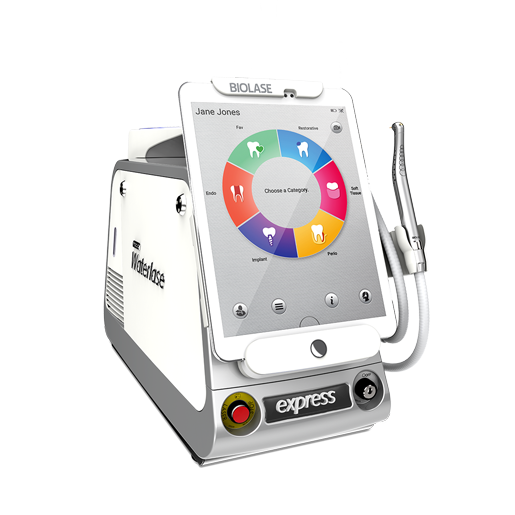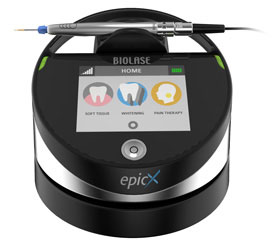Kids love chocolate. They love candy, and many of the refined sugary goodies that aren’t healthy for them – or their teeth. A treat once in a while is ok, but what happens when a child’s diet consists mainly of processed, refined foods instead of natural foods such as fruits, vegetables, and whole grains? Combine that lack of proper nutrition with a lack of exercise, and obesity could be on the horizon.
What makes this issue worse is that many children who live at or below the poverty line are more susceptible to this type of diet. Not because of lack of parental care, but because eating well can cost a lot – more than the parents can afford. Processed food is more affordable, and because it provides more calories, it fills up empty tummies.
In addition to higher obesity rates, researchers have found links between the rates of obesity in children and the dental care that they receive. Basically, children living in poverty are also more prone to more dental issues. When families lack the means to afford regular dental care, and when the diet is full of food that is bad for teeth, then they are more likely to suffer from cavities – and more of them – than other families. Additionally, the dental issues that they develop tend to be more severe because they are not caught early on, if at all. And the more severe the issue is, the greater the tendency for other issues to occur. For example, cavities can develop into infections and even abscesses. Children may experience continued mouth and dental pain, thereby reducing their quality of life until the issue can be addressed, which can take months.
But that’s not all. Researchers have also found that when children don’t have access to, or learn about, proper oral and dental care, then as adults, they have a greater incidence of lung disease, heart disease, and strokes. For those who are diabetic, their condition can become worse.
Families living in poverty simply cannot afford to buy healthier food or pay for dental care – so what can be done about this? Preventing or reducing one issue will reduce the other, but it’s not easy to do. Parents need access to affordable, accessible, and nutritious food to reduce obesity in their children. This will help keep their teeth healthier. Combine this with a greater availability of dental and nutritional education and care to catch minor problems before they become larger, painful ones. These factors, when implemented early on, will follow through to adulthood.
Dental care should never be overlooked or forgotten. Through donations, volunteering, or providing education to those in your community will go a long way to alleviating issues in childhood that will plague them later on.



